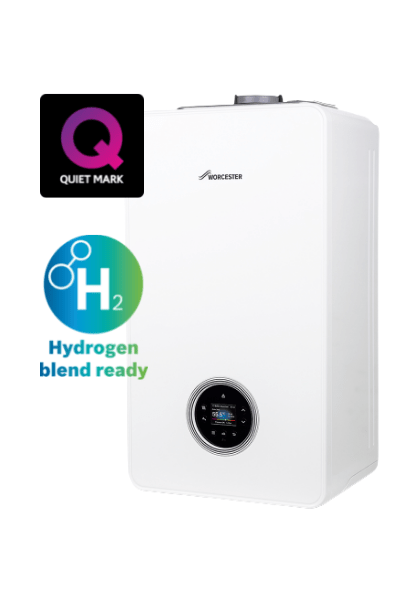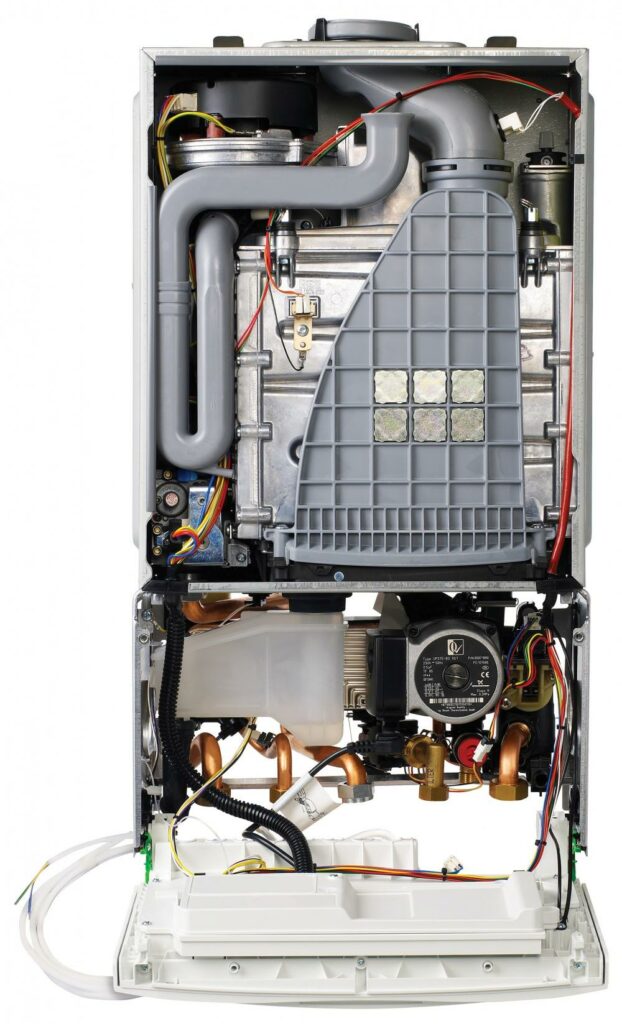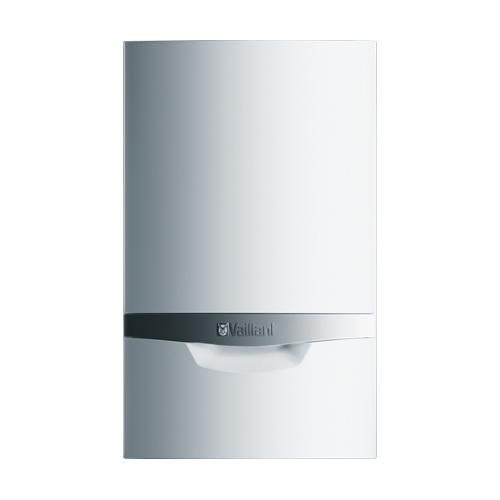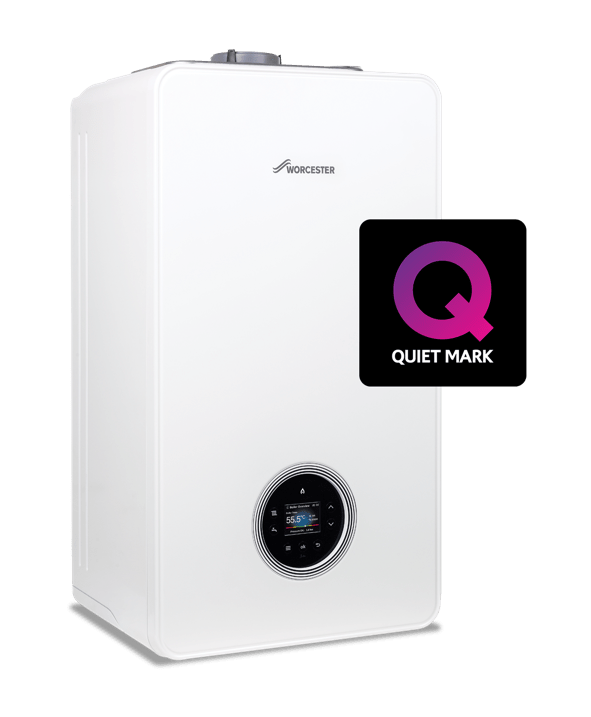Your basket is currently empty!
Written by
Condensing Boilers vs Combi Boilers – Which are best?

Condensing boilers vs combi boilers: What are they?

If you are in the market for a new boiler for your home and are unsure of what the difference is between a condensing boiler and a combi boiler, you will find everything you need to know in this guide.
Get boiler quotes online in just 20 seconds – Click here
The main difference between condensing boilers and combi boilers is – well, there isn’t one. They’re the same thing.
Whether it’s a combi, system or regular boiler, the fact is all modern boilers are condensing boilers. Since 2005 in the UK legislation has banned the sale of all non-condensing boilers through the boiler plus scheme
So, essentially, they are the same thing, but there are some variations in types of boilers that are condensing. Read more below:
Get your Fixed Price Boiler Quotes Online
New Gas Boilers with £0 Deposit & 0% Interest Finance Availble
Get the best quotes for boiler installation online in under 1 minute now
What is a Condensing boiler?

A Condensing boiler has been designed to help improve energy efficiency; they recover some of the lost heat from waste gases and they run on gas or oil, and convert water vapour condensation into heat, they can also achieve over 90% energy efficiency.
The difference between a condensing and a non-condensing boiler is the amount of usable heat it produces. If you want even more confusion these days, throw in the mix hydrogen ready boilers. Learn all about them in our expert review.
Get your Fixed Price Boiler Quotes Online
New Gas Boilers with £0 Deposit & 0% Interest Finance Availble
Get the best quotes for boiler installation online in under 1 minute now
How does a condensing boiler work?
Condensing boilers input the heat from the burner into a primary heat exchanger, they will use either gas or oil as fuel and will begin to burn when lit.
The hot air travels through the heat exchanger and stays there for as long as possible to increase the temperature which will then take this heat to your radiators.

Something that other types of boilers don’t have compares to a condensing gas boiler is that the heat also travels through a secondary condensing area, as this happens the warm air condenses causing water vapour or droplets to transpire which are then gathered away to be disposed of through a drain.
One thing condensing boilers are great at is recycling the heat to increase the temperature of the cool water that returns, they are designed to cover more heat before it is lost.
With a new boiler quote that’s condensing, the heat leaves the flue at around 55 degrees celsius, whereas with an older condensing boiler the heat leaves at around 200 degrees celsius.
Get your Fixed Price Boiler Quotes Online
New Gas Boilers with £0 Deposit & 0% Interest Finance Availble
Get the best quotes for boiler installation online in under 1 minute now
What is a combi boiler?
Combi boiler short for Combination boiler provides both a combination of hot water on demand and also heats water from a single compact unit, it is the most common type of boiler installed in UK homes.

There are 3 types of boilers, regular, system and combi. A combi boiler takes its water supply directly from the mains water supply and delivers a stronger pressure of instant hot water to showers and taps on demand. All new combi boilers are now hydrogen ready and can easily be changed to become full 100% hydrogen boilers in the future.
Whilst system boilers require cold water to be heated in a heat exchanger once the water is heated it is pumped into a hot water cylinder and stored until it needs to be used.
Regular (heat only) boilers are fed a supply of cold water from an expansion tank in the loft and also require a hot water cylinder (usually located in an airing cupboard) where it is stored until you turn on your heating, a shower or a tap.
Read more: Best combi boiler guide
How is a combi boiler condensing?

All Combi, Regular and System boilers manufactured and installed in your home after April 2005 had a regulation put in place to use condensing technology, there would also usually be a flue through an external wall or roof which would indicate that the boiler is condensing.
All condensing boilers can reuse the heat in flue gases, this can help reduce your heating bills and is also better for the environment, they are at least 90% energy efficient and around 40 to 50% than old condensing models.
Get the best price on a condensing combi boiler
Condensing Boiler Regulations
Please see the below new main regulations that need to be followed:
After the 1st April 2005, all gas boilers fitted including new installations and quotes for boiler replacements have to be condensing boilers.
After the 1st April 2007, all oil boilers fitted including new installations and boiler replacements have to be condensing boilers.
After the 1st April 2005, all condensing boilers fitted have to have a SEDBUK efficiency rating of either A or B.
The Department of Business, Energy and Industrial Strategy (BEIS) implemented Boiler Plus Legislation on the 6th of April 2018.
This legislation was to help reduce carbon emissions whilst decreasing heating costs and also increase the efficiency of residential boilers. These standards must be met for all new boilers installed in UK homes.
Get your Fixed Price Boiler Quotes Online
New Gas Boilers with £0 Deposit & 0% Interest Finance Availble
Get the best quotes for boiler installation online in under 1 minute now
Advantages & Disadvantages of a Condensing Combi Boiler
Advantages of a Condensing Combi Boiler
Saves money on your bills
Condensing boilers can provide the same amount of energy to your home as non-condensing boilers but by burning fewer fuel thanks to their higher efficiency. See some of the most energy-efficient combi boilers now at Green Central to start saving.
This Investment will save you between £200-£300 a year on your gas heating bills compared to a non-condensing boiler and by also investing in smart thermostats such as Google Nest and thermostatic radiator valves you could save up £75 and 330kg of carbon a year.
Read more: Best smart thermostats
Increases Energy Efficiency
Condensing boilers are around 15-30% more efficient than older boilers when it comes to turning fuel into usable heat, less fuel is required overall to heat both your water and your home.
They are up to 99% more efficient whilst non-condensing boilers are only up to 78% efficient and they can capture up to 11% more heat than non-condensing boilers.
Reduce Co2 Footprint
By upgrading your old boiler to a more modern condensing boiler you could significantly reduce carbon emissions and save yourselves up to 1,220kg of CO2 per year.
Since 2005 it has become mandatory to install condensing boilers if your old boiler needs replacing.
Space Saving
With a condensing boiler, you can meet the needs of any homeowner with their compact size and modern design which allows them to take up less space and fit into any decor or kitchen cupboard as they do not need a water tank.
Safer for your home
With a condensing boiler there is no risk of being in contact with toxic substances as the condensed liquid is disposed of via a pipe connected to a drainage system, they capture air from the outside of the room they are located in and so there is no risk of anything being sucked into the boiler and they are perfectly sealed for heat insulation.
Get your Fixed Price Boiler Quotes Online
New Gas Boilers with £0 Deposit & 0% Interest Finance Availble
Get the best quotes for boiler installation online in under 1 minute now
Disadvantages of a Condensing Combi Boiler
Slow Water Rate
You may find that a combi boiler requires more time than a traditional boiler in order to fill a bath, as it draws its water directly from the mains and not a water tank.
If your combi breaks down, both heating and hot water will go down
Unlike traditional boilers that power your heating and hot water separately and would have outages at different times, combi boilers power both heating and hot water so if the boiler malfunctions there will be no access use to either of these.
Limited Use
If you live in a large house with several bathrooms or en-suites it is not possible to run more than one shower or bath at a time, or turn on a hot tap whilst the shower is running if you have a combi boiler as all its water supply is directly from the mains and struggles to meet the high demand of water.
No Power Shower
Unfortunately with a combi boiler, you can not have a power shower as the water pressure is set by the pressure level at the water mains.
Expensive to repair
Combi Boilers can be expensive to repair if a part is worn or damaged, it is advisable to take out a boiler cover and service plan or insurance against your combi boiler in case anything goes wrong.
Be sure to check the boiler service cost before booking to see what you may be paying and why.
Get your Fixed Price Boiler Quotes Online
New Gas Boilers with £0 Deposit & 0% Interest Finance Availble
Get the best quotes for boiler installation online in under 1 minute now
The costs of a condensing combi boiler?
There is a variety of different factors that can determine the cost of a new condensing combi boiler these can include the following:
- The location of your boiler and if you are wanting to relocate to a different room e.g from the kitchen to the loft or airing cupboard to the garage.
- They type of boiler you choose to have installed e.g Combi, Regular or System boiler.
- The boiler brand or kW output of the boiler as condensing boilers can vary from between £500 – £1700.
- The price can differ if you are converting your boiler from a regular or system boiler to a combi boiler or simply upgrading your boiler to a newer model.
- If you wish to upgrade your thermostat to a smart thermostat.
What size condensing combi boiler is right for you?
They say size isn’t everything but boiler size is a very important factor when it comes to choosing or replacing the perfect boiler to power your home, the size is actually the Kilowatt (kW) output not the measurements of the boiler.
It’s not easy to define your boiler size so here is some basic information from our Boiler size chart to help make the right decision for your new boiler.
A few things to consider when working out the right size for your new boiler are:
- Number of bedrooms
- Number of bathrooms
- Total number of radiators
- Number of people living in the property
- The type of boiler (homes with multiple bathrooms are better suited to system and regular boilers as they store the hot water in a cylinder ready to use)
Read more: Condensing boiler price guide
Once you have worked out all your boiler factors you can now measure them against the boiler size chart below:
| Size of Home & Hot Water Demand | Combi Boiler Output |
| 1-3 bedrooms, 7-10 radiators, 1 bathroom | 20 – 29kW |
| 3-4 bedrooms, 11 -15 radiators, 1-2 bathrooms | 30 – 35kW |
| 4+ bedrooms, 16 – 20 radiators, 2+ bathrooms | 36 – 60kW |
For a property with 1-3 bedrooms with 1 bathroom and up to 10 radiators, a 20-29 kW Combi would be the ideal boiler.
For a property with 3-4 bedrooms with 1-2 bathrooms and up to 15 radiators, a 30-35 kW combi would be the ideal boiler.
For a larger property with 4-5+ bedrooms with 2+ bathrooms and up to 20 radiators, a 30-60 kW regular or system boiler would be the ideal boiler for a property with high water demand.
Get your Fixed Price Boiler Quotes Online
New Gas Boilers with £0 Deposit & 0% Interest Finance Availble
Get the best quotes for boiler installation online in under 1 minute now
Condensing boiler vs combi boiler: Final note
So, now you know that there is no real difference except the 3 types of condensing boiler being combi, system and regular boilers, you should be ready to get a price on a new boiler.
Click the link below to get a price in just 20 seconds online and compare new boiler quotes from nationwide, vetted and trusted installers.
Get fixed prices online in just 20 seconds – Click here
Get your Fixed Price Boiler Quotes Online
New Gas Boilers with £0 Deposit & 0% Interest Finance Availble
Get the best quotes for boiler installation online in under 1 minute now
Written by
Get your Fixed Price Boiler Quotes Online
New Gas Boilers with £0 Deposit & 0% Interest Finance Availble
Get the best quotes for boiler installation online in under 1 minute now





